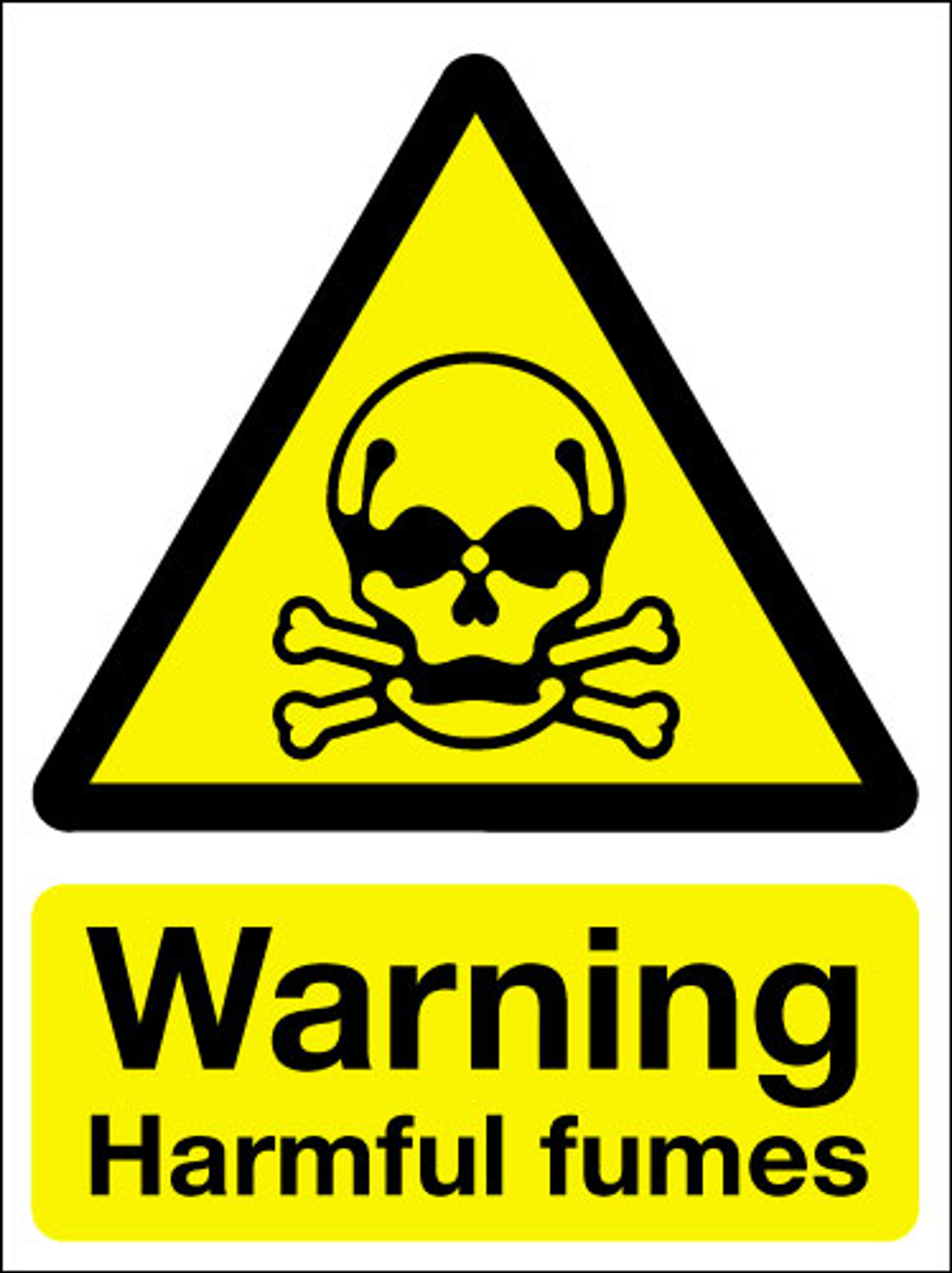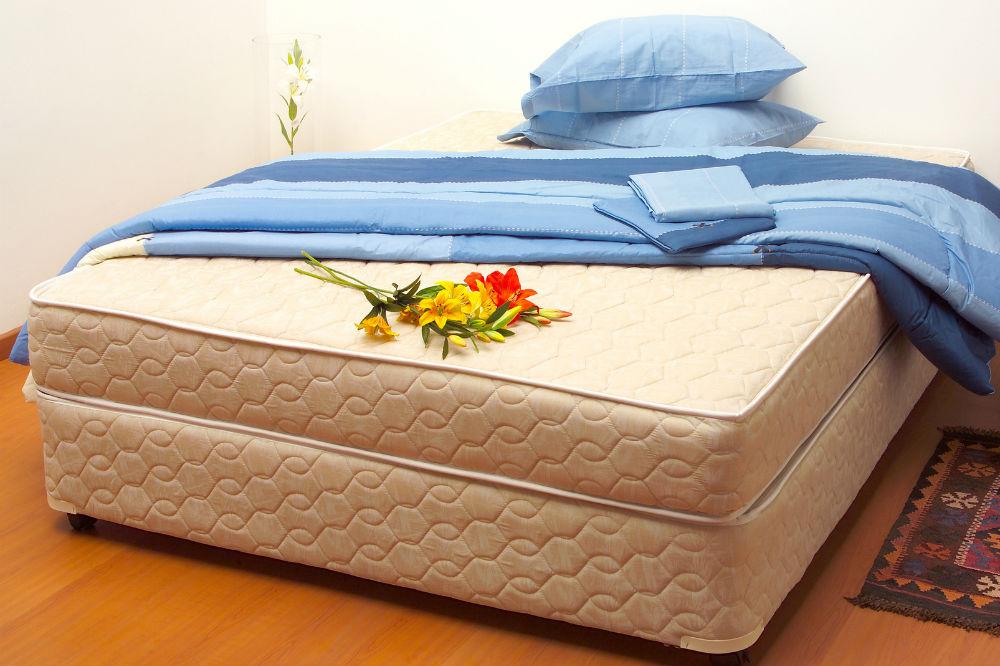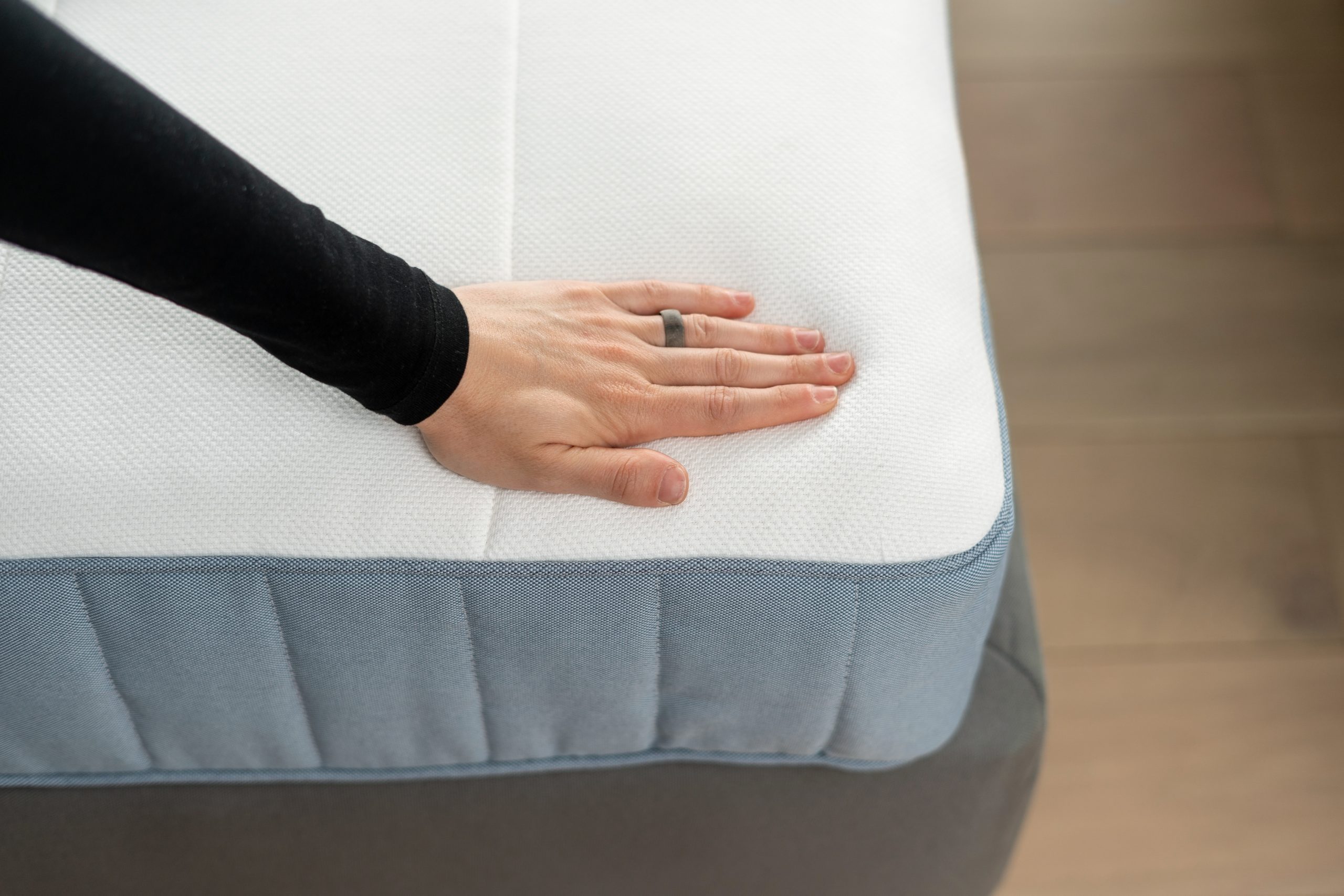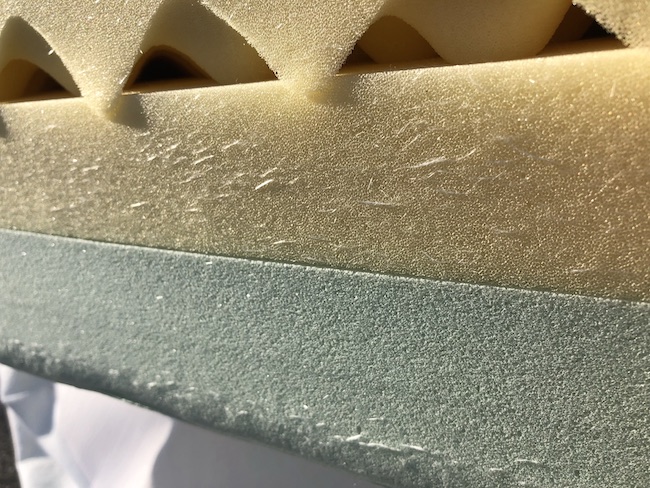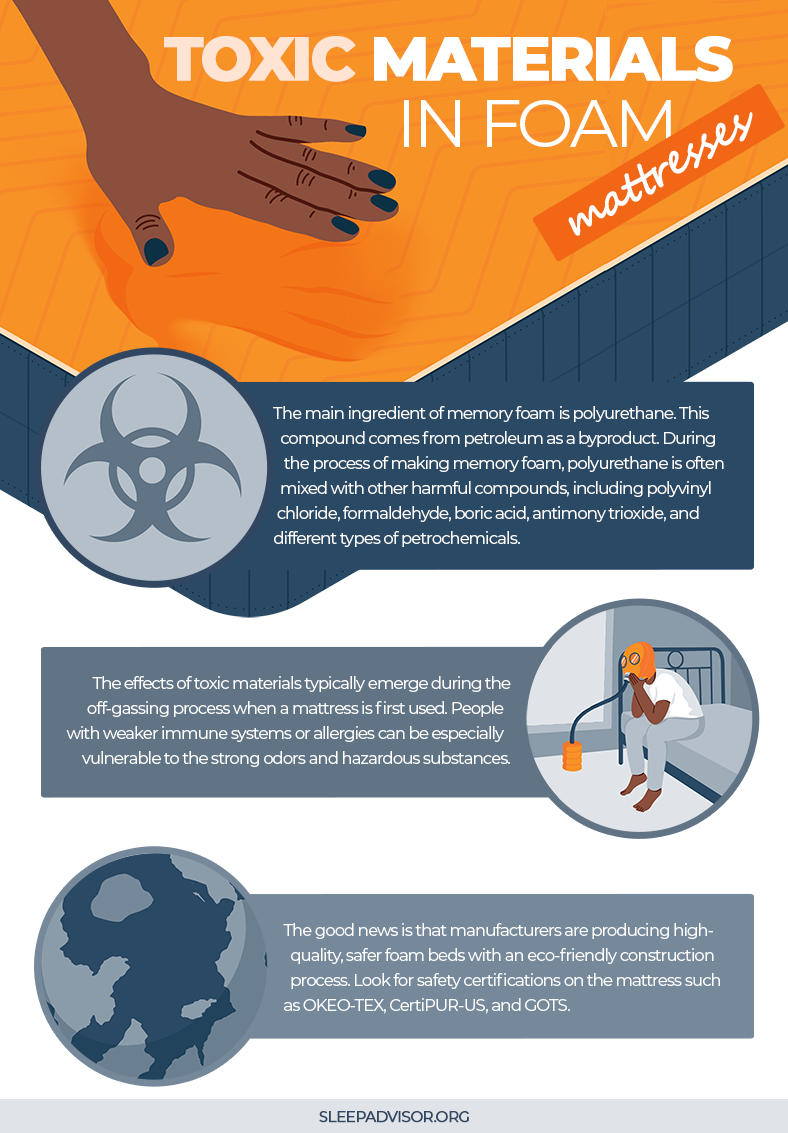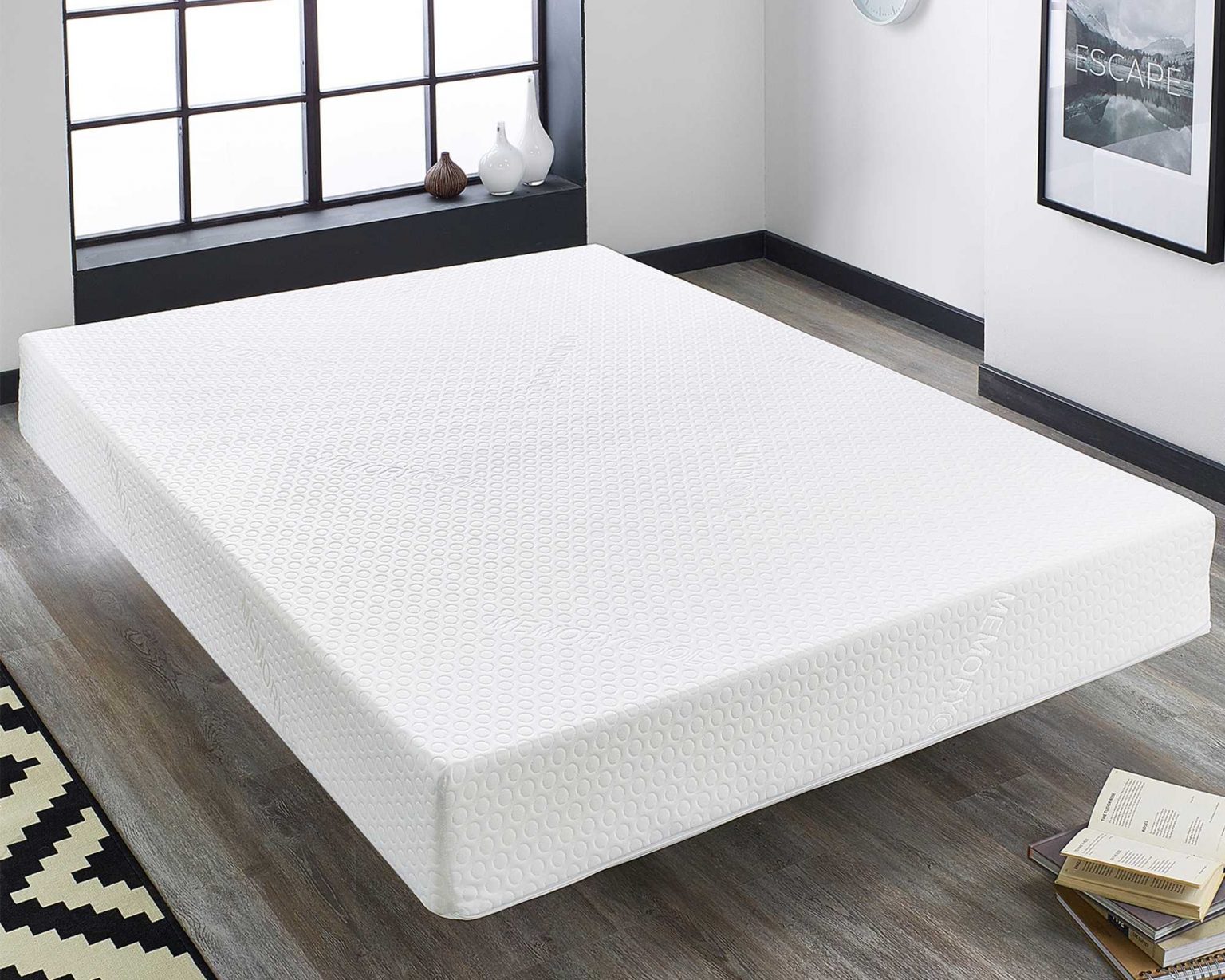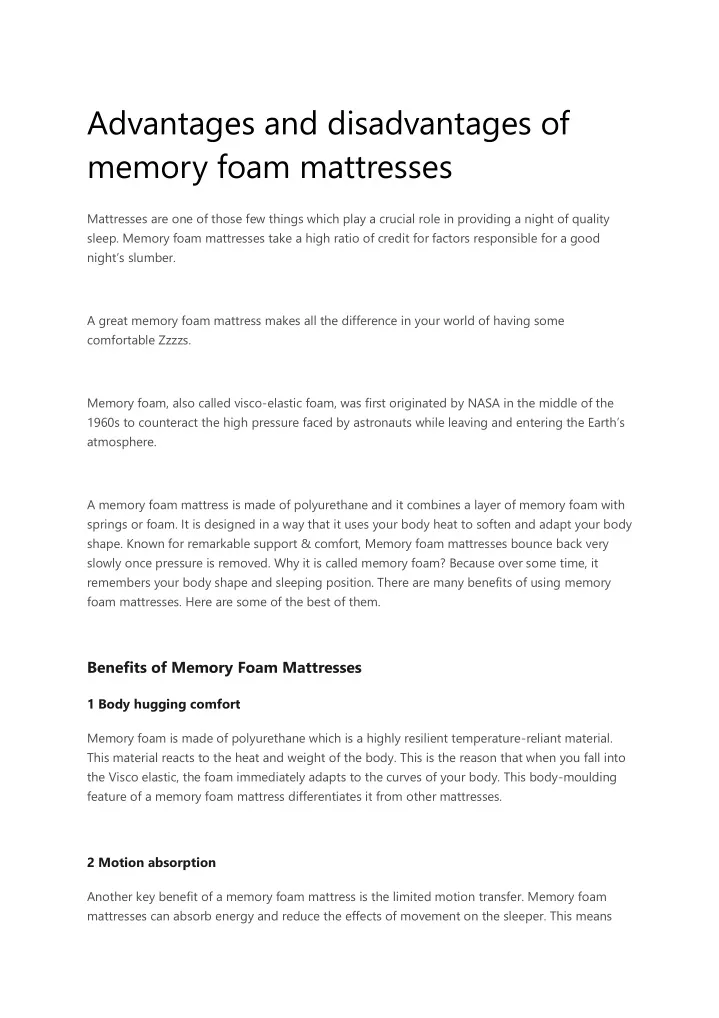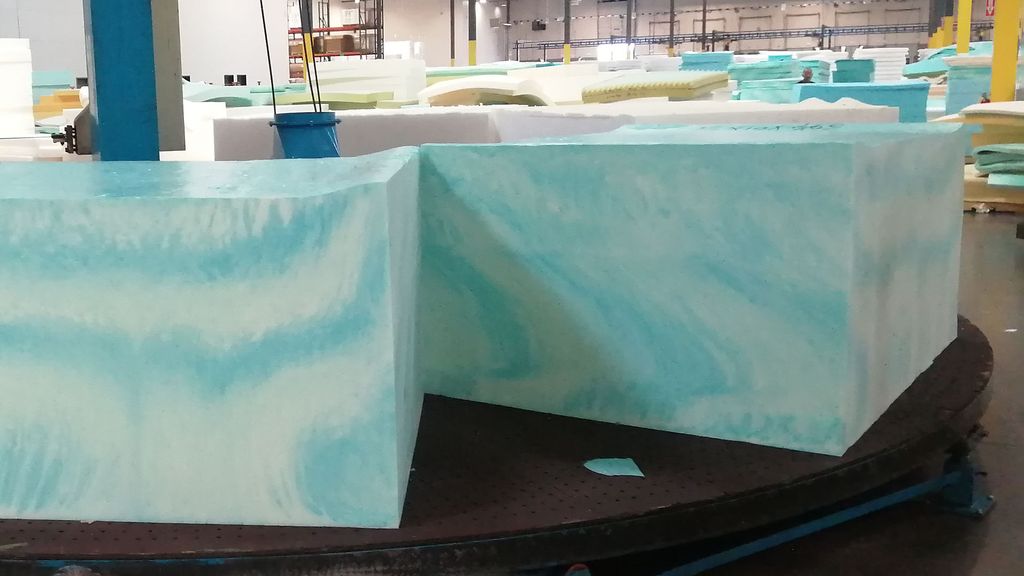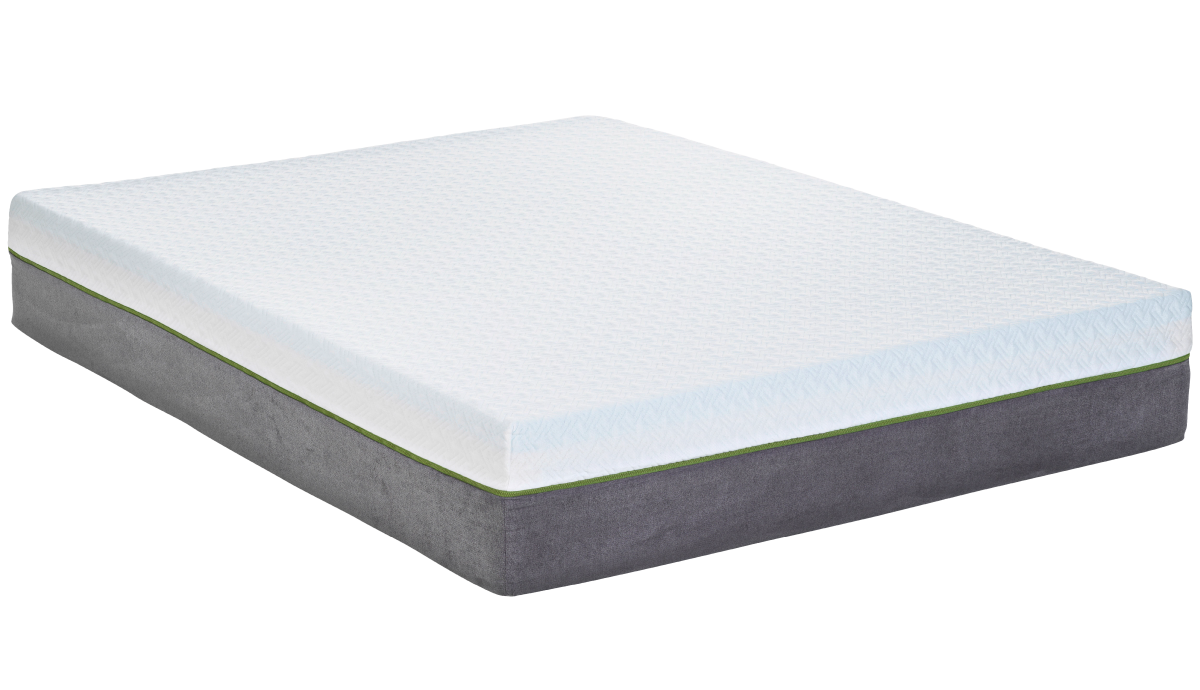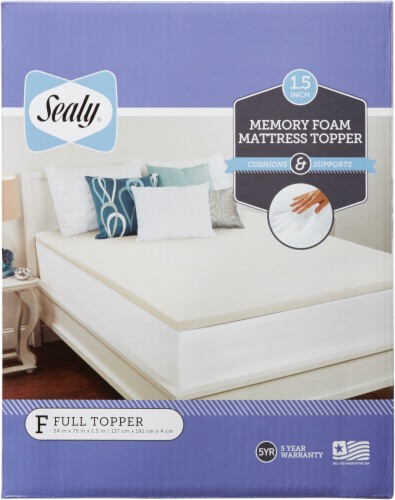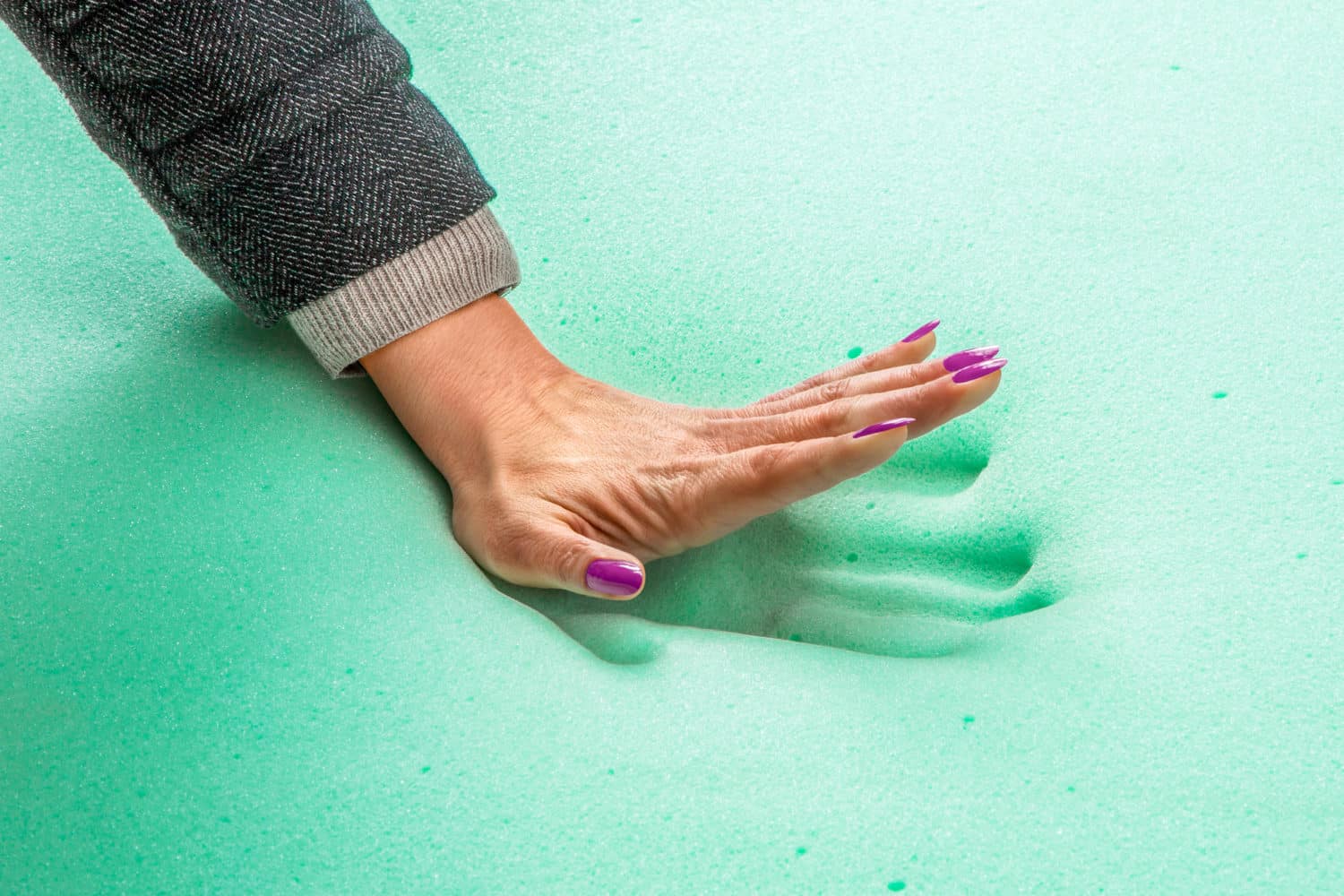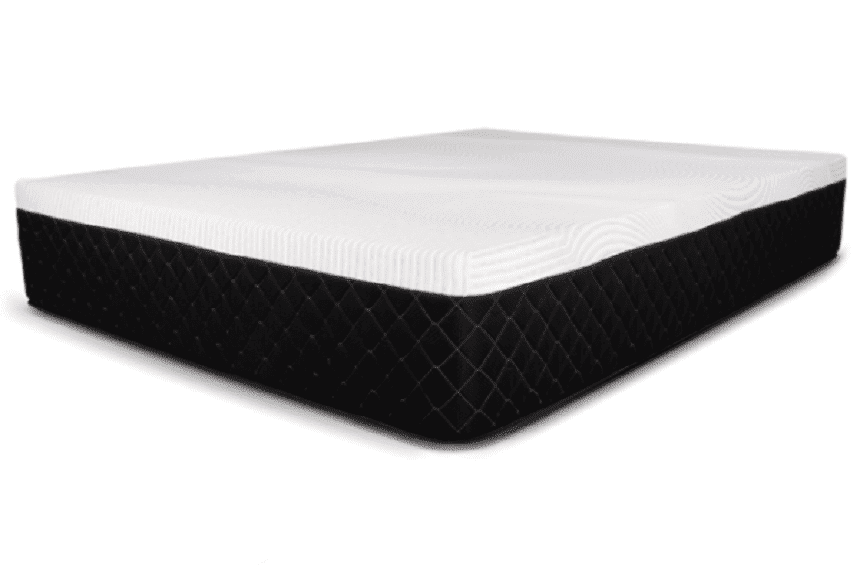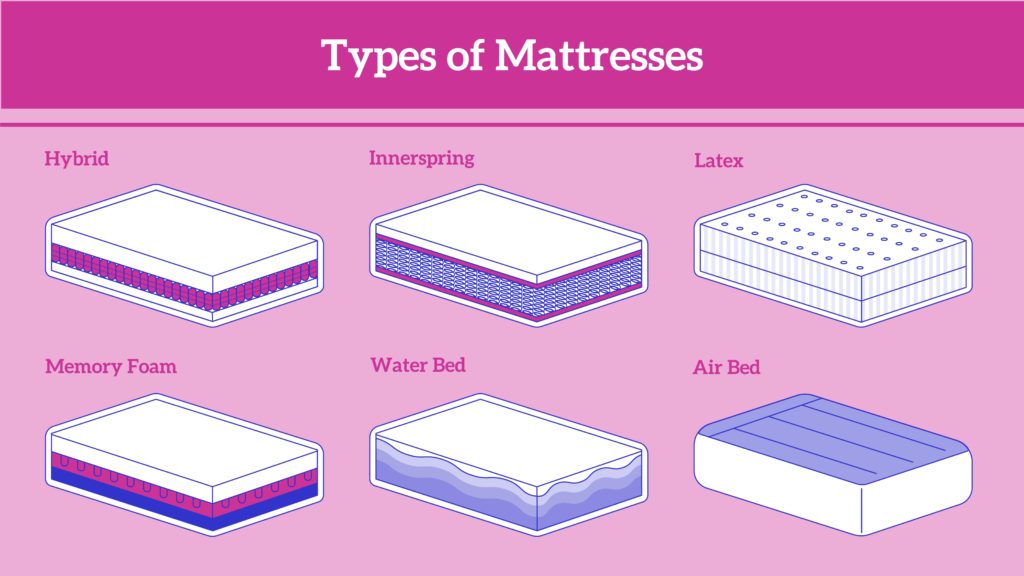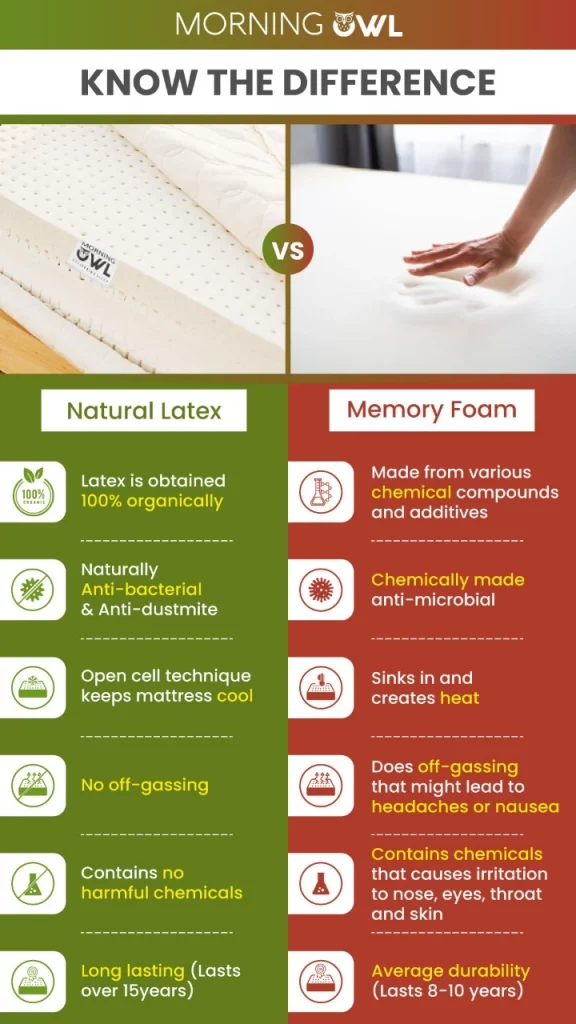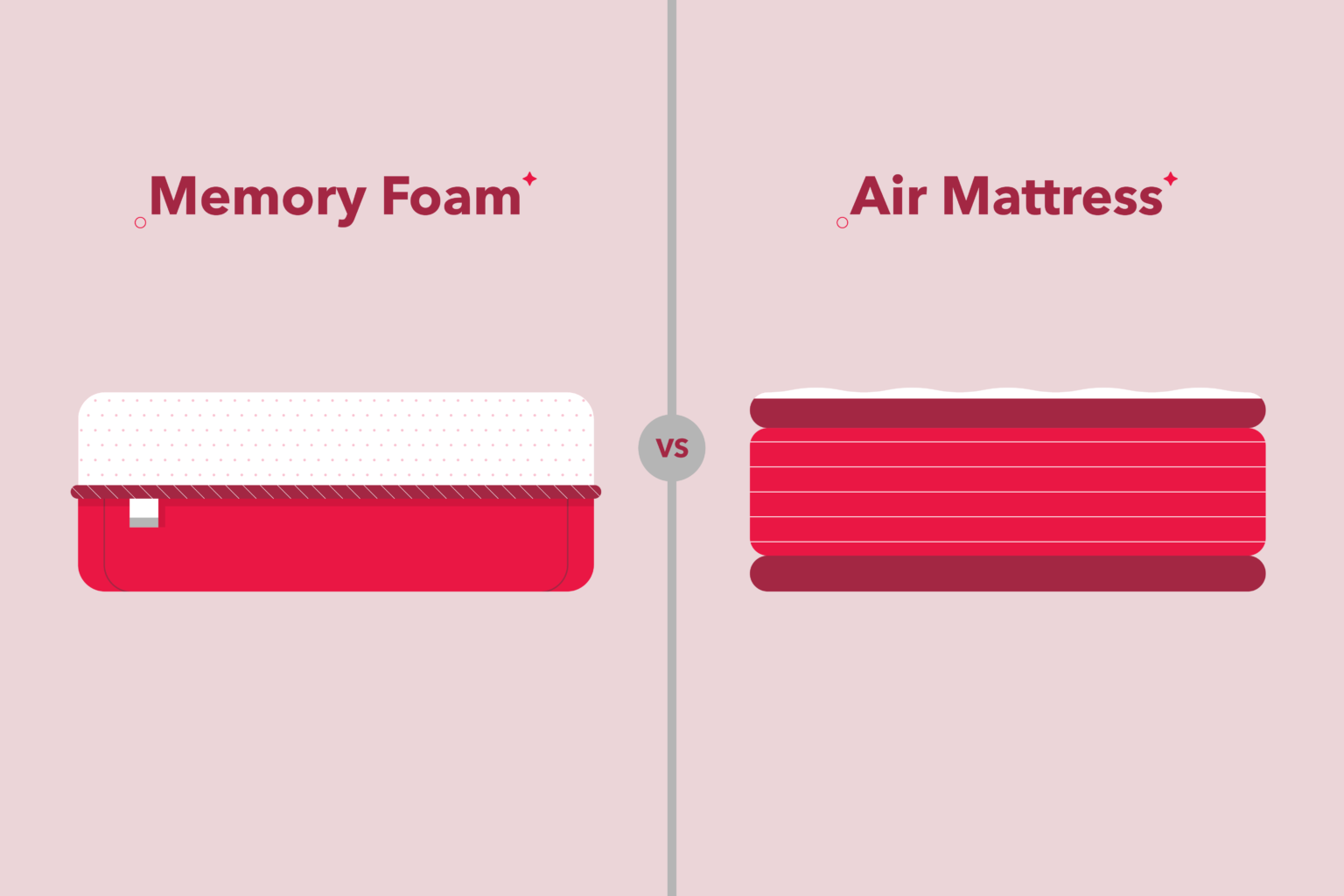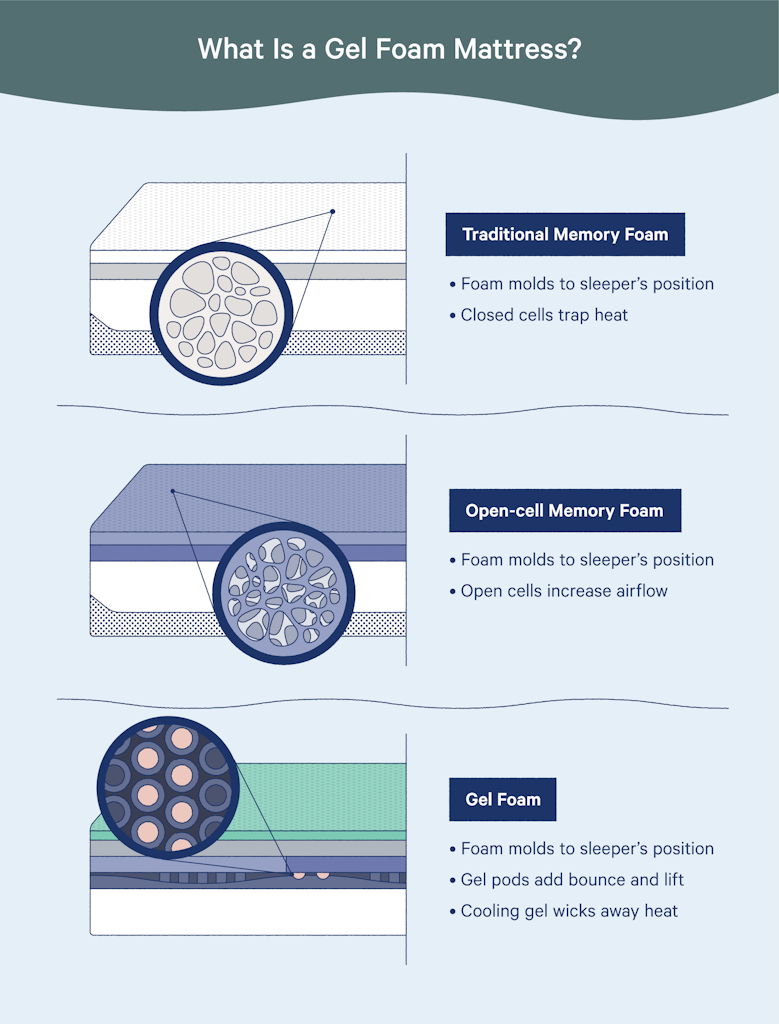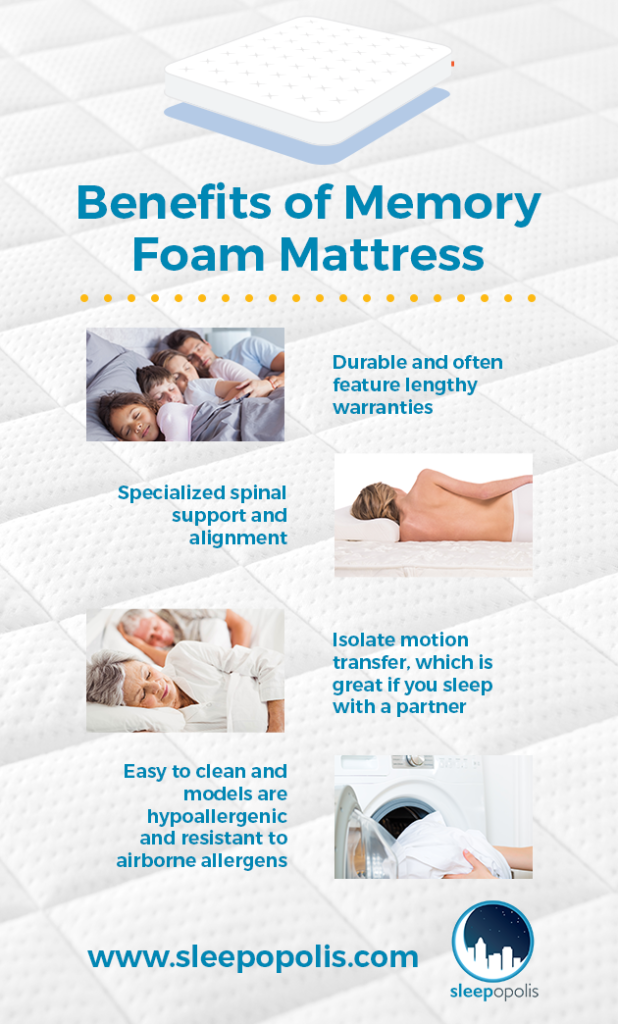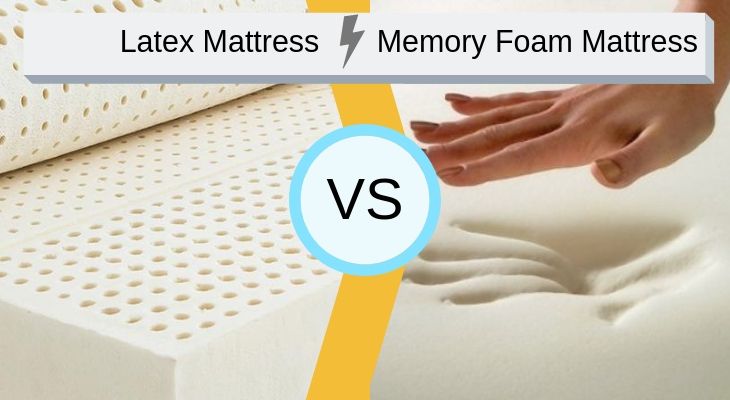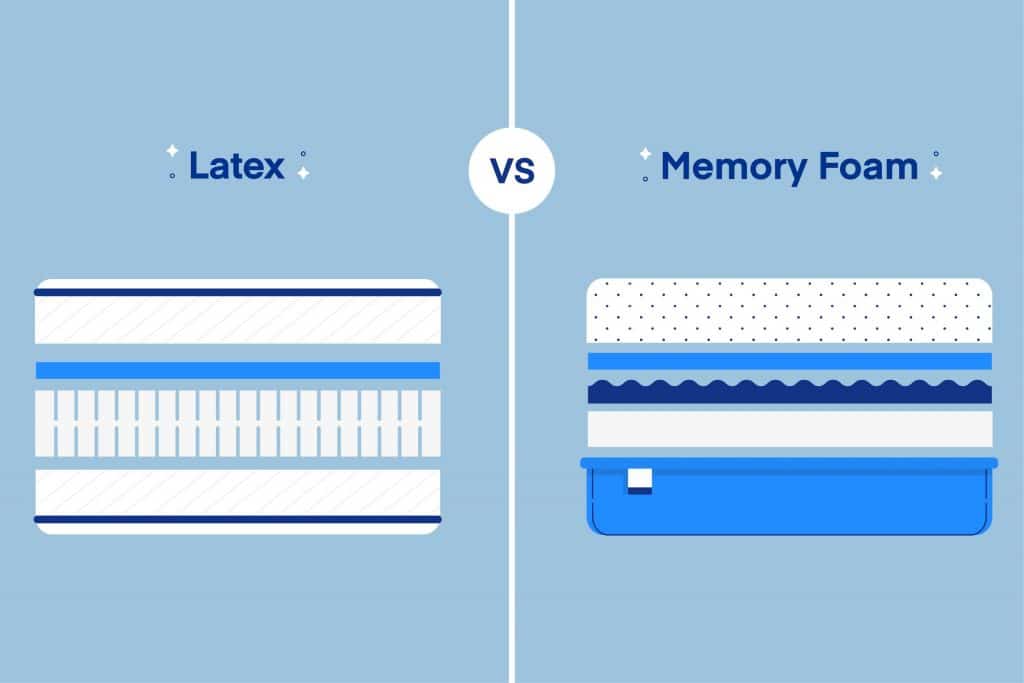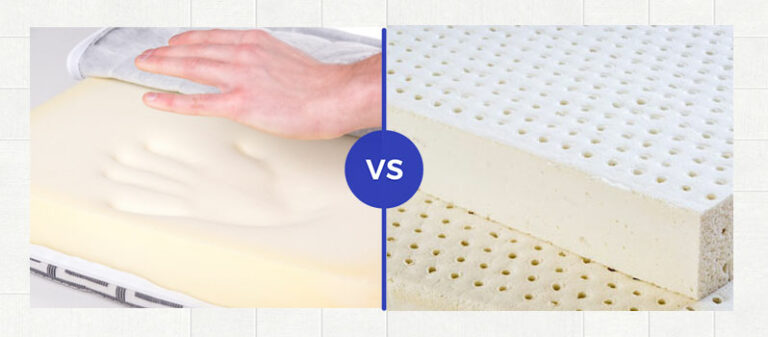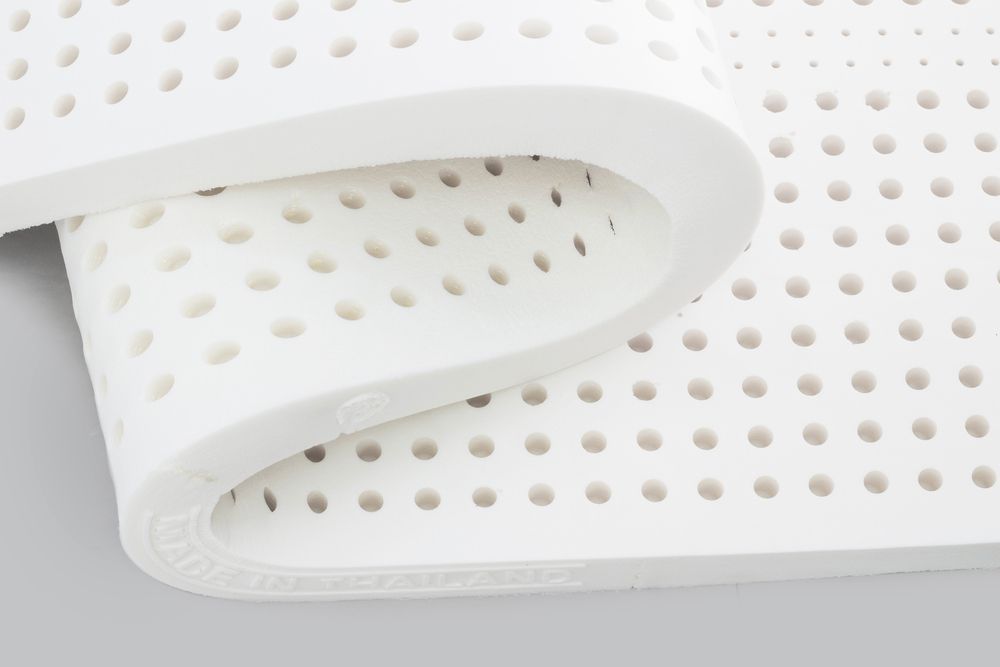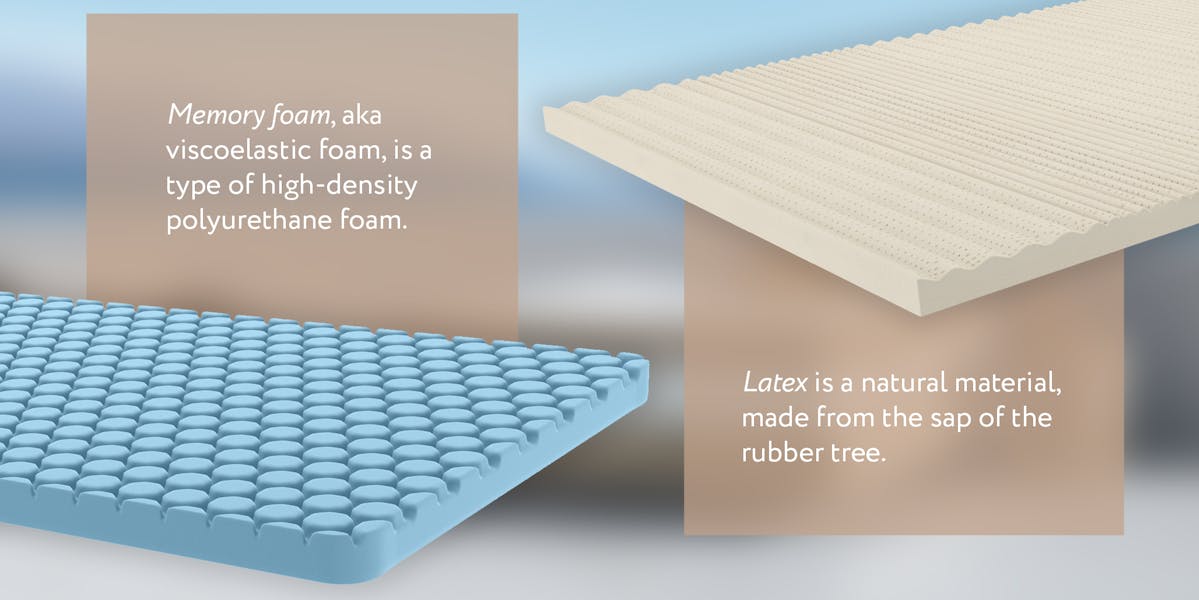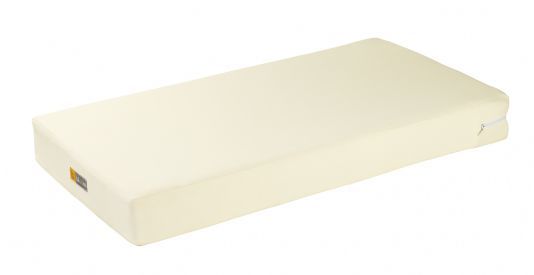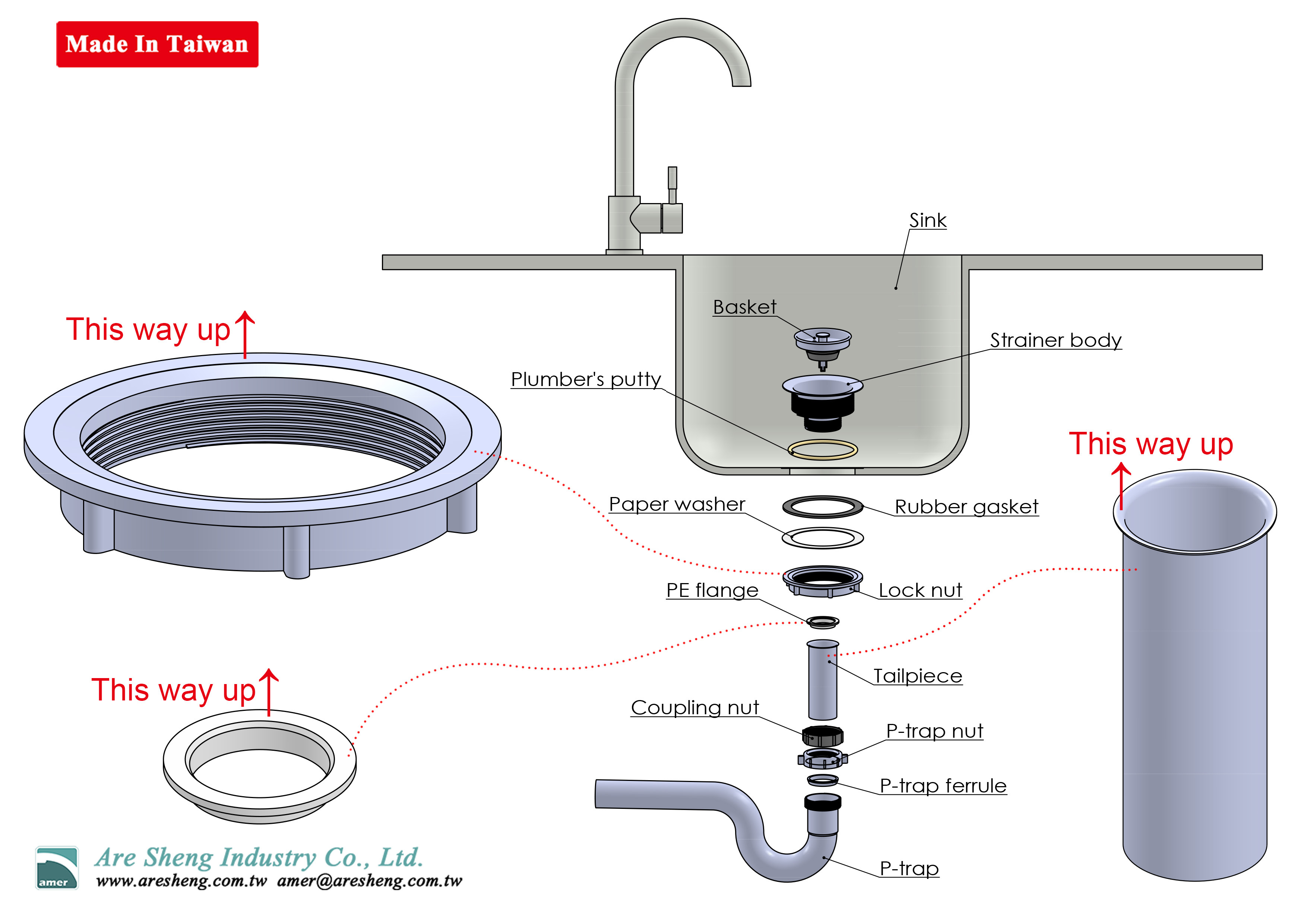If you've ever purchased a memory foam mattress, you may have noticed a distinct chemical smell when you first opened it. This smell, also known as off-gassing, is caused by the release of volatile organic compounds (VOCs) from the materials used to make the mattress. While the initial smell may dissipate after a few days, the potential health risks associated with memory foam mattress fumes can linger for much longer.Fumes from Memory Foam Mattresses Can Be Harmful
Memory foam mattresses have gained popularity in recent years due to their ability to conform to your body shape and provide support and pressure relief. However, what many people don't realize is that these mattresses are made with synthetic materials that can release harmful chemicals into the air, posing potential health risks.The Dangers of Memory Foam Mattresses
The short answer is no. While memory foam mattresses may be advertised as safe and non-toxic, the reality is that they can emit a variety of chemicals, including formaldehyde, benzene, and toluene, all of which have been linked to health issues such as headaches, dizziness, and respiratory problems.Are Memory Foam Mattresses Safe?
The chemicals found in memory foam mattresses can have both short-term and long-term health effects. Short-term exposure to these chemicals can cause irritation to the eyes, nose, and throat, as well as headaches and nausea. Long-term exposure has been linked to more serious health issues, including respiratory problems, organ damage, and even cancer.Potential Health Risks of Memory Foam Mattresses
Many mattress manufacturers claim that the smell from memory foam mattresses is harmless and will dissipate over time. However, studies have shown that these fumes can continue to be released over a period of several years, especially in poorly ventilated rooms. This means that even if the initial smell fades, you could still be exposed to harmful chemicals on a daily basis.The Truth About Memory Foam Mattress Fumes
So, what can you do to protect yourself from memory foam mattress chemicals? The first step is to research the brand and materials used in the mattress before making a purchase. Look for mattresses that are certified as low-VOC or made with natural materials such as organic cotton or natural latex. You can also opt for a mattress topper made of natural materials to provide a barrier between you and the potentially harmful chemicals.How to Protect Yourself from Memory Foam Mattress Chemicals
To fully understand the potential dangers of memory foam mattress fumes, it's important to know what chemicals are used in the production of these mattresses. Formaldehyde, a known carcinogen, is used as a bonding agent in memory foam and can off-gas for years. Polyurethane foam, another common material in memory foam mattresses, is made with a variety of chemicals, including isocyanates, which can cause respiratory issues.Understanding the Chemicals in Memory Foam Mattresses
Indoor air quality is becoming a growing concern as more and more people are spending the majority of their time indoors. With the rise in popularity of memory foam mattresses, it's important to consider how these mattresses may be affecting the air quality in your home. Poor indoor air quality can lead to a variety of health issues, making it essential to choose a mattress that won't contribute to these problems.The Link Between Memory Foam Mattresses and Indoor Air Quality
If you already own a memory foam mattress and are concerned about the potential health risks, there are some steps you can take to reduce your exposure to the fumes. The first is to ensure that your bedroom is well-ventilated by opening windows and using a fan. You can also try placing the mattress in a room with good air flow for a few days before bringing it into your bedroom. Additionally, using a mattress protector made of natural materials can help to reduce the amount of off-gassing.Tips for Reducing Exposure to Memory Foam Mattress Fumes
If you're in the market for a new mattress, it's important to consider safer alternatives to memory foam. Natural latex mattresses are a popular choice as they are made from natural materials and do not emit harmful fumes. They also provide similar benefits to memory foam, such as pressure relief and body support. While they may come at a higher price, the long-term health benefits make it a worthwhile investment. In conclusion, the fumes from memory foam mattresses can be harmful and pose potential health risks. It's important to do your research and choose a mattress that is made with natural materials and certified as low-VOC. By taking these precautions, you can protect yourself and your loved ones from the potential dangers of memory foam mattress fumes.Choosing a Safer Mattress Option: Natural Latex vs Memory Foam
The Potential Dangers of Fumes from Memory Foam Mattresses

Understanding the Impact of Household Items on Your Health
 When it comes to creating a comfortable and cozy bedroom, many people turn to memory foam mattresses for their superior comfort and support. However, what many people may not realize is that these mattresses could potentially be hazardous to their health.
Fumes from memory foam mattresses
have been found to contain harmful chemicals that can have a negative impact on our bodies and the environment.
One of the main concerns with memory foam mattresses is the presence of volatile organic compounds (VOCs). These are chemicals that are emitted as gases from certain solids or liquids and can have adverse health effects when inhaled.
Memory foam mattresses
are made from a combination of polyurethane foam and other chemicals that can release VOCs into the air. These chemicals can cause a range of health issues, including eye and respiratory irritation, headaches, and even contribute to the development of certain diseases.
Furthermore,
memory foam mattresses
also contain flame retardants, which are used to meet fire safety regulations. These chemicals have been linked to hormone disruption, reproductive problems, and even cancer. They can also
leach out into the environment
and pollute our water and soil, causing harm to wildlife and the ecosystem.
To make matters worse, the fumes from memory foam mattresses can linger in the air for a long time, especially in poorly ventilated spaces. This means that you and your family could be continuously breathing in these harmful chemicals throughout the night, leading to long-term health consequences.
So, what can you do to protect yourself and your loved ones from these potential dangers? First and foremost,
choose a memory foam mattress
that is certified as low VOC or GreenGuard certified, which means it has been tested and proven to have low levels of harmful chemicals. Additionally, consider using a mattress cover or encasement to create a barrier between you and the mattress.
In conclusion, while
memory foam mattresses
may provide a comfortable sleep experience, it's essential to be aware of the potential dangers they pose. By taking the necessary precautions and choosing a low VOC certified mattress, you can ensure a safe and healthy sleep environment for you and your family. Don't sacrifice your health for a good night's sleep - make an informed decision when it comes to choosing your household items.
When it comes to creating a comfortable and cozy bedroom, many people turn to memory foam mattresses for their superior comfort and support. However, what many people may not realize is that these mattresses could potentially be hazardous to their health.
Fumes from memory foam mattresses
have been found to contain harmful chemicals that can have a negative impact on our bodies and the environment.
One of the main concerns with memory foam mattresses is the presence of volatile organic compounds (VOCs). These are chemicals that are emitted as gases from certain solids or liquids and can have adverse health effects when inhaled.
Memory foam mattresses
are made from a combination of polyurethane foam and other chemicals that can release VOCs into the air. These chemicals can cause a range of health issues, including eye and respiratory irritation, headaches, and even contribute to the development of certain diseases.
Furthermore,
memory foam mattresses
also contain flame retardants, which are used to meet fire safety regulations. These chemicals have been linked to hormone disruption, reproductive problems, and even cancer. They can also
leach out into the environment
and pollute our water and soil, causing harm to wildlife and the ecosystem.
To make matters worse, the fumes from memory foam mattresses can linger in the air for a long time, especially in poorly ventilated spaces. This means that you and your family could be continuously breathing in these harmful chemicals throughout the night, leading to long-term health consequences.
So, what can you do to protect yourself and your loved ones from these potential dangers? First and foremost,
choose a memory foam mattress
that is certified as low VOC or GreenGuard certified, which means it has been tested and proven to have low levels of harmful chemicals. Additionally, consider using a mattress cover or encasement to create a barrier between you and the mattress.
In conclusion, while
memory foam mattresses
may provide a comfortable sleep experience, it's essential to be aware of the potential dangers they pose. By taking the necessary precautions and choosing a low VOC certified mattress, you can ensure a safe and healthy sleep environment for you and your family. Don't sacrifice your health for a good night's sleep - make an informed decision when it comes to choosing your household items.
